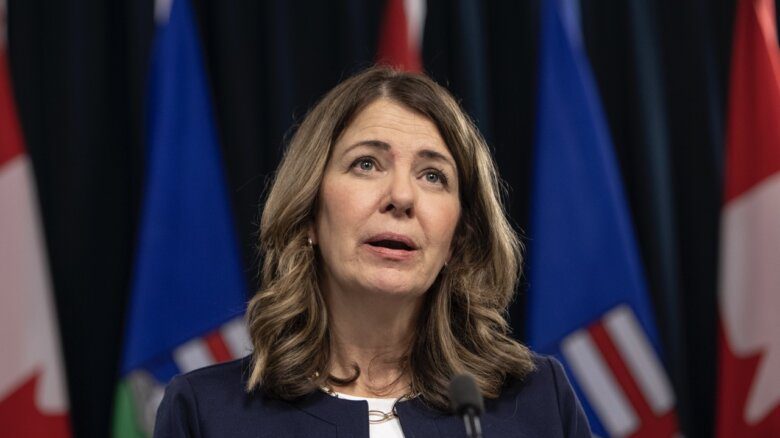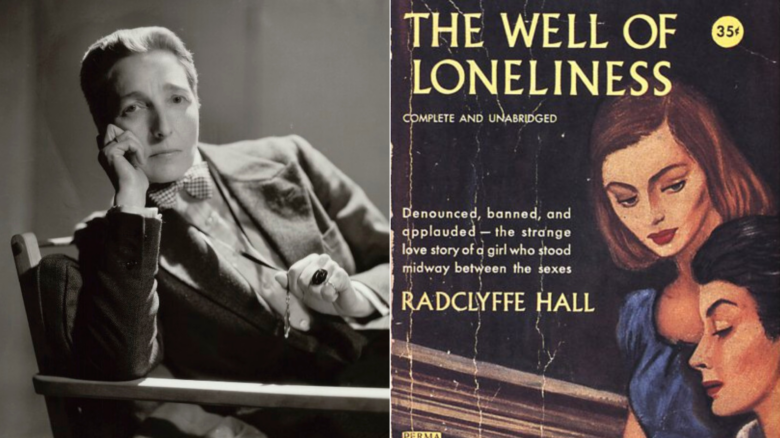Rob Ford officially launched his reelection campaign on April 17 — and those counting him out of the running do so at their own peril, according to Robyn Doolittle.
In the above video interview, Doolittle, one of the lead reporters covering the so-called crack video scandal (she subsequently wrote Crazy Town: The Rob Ford Story, which was published to favourable reviews), talks with Margaret Webb about how anti-gay policies and homophobia play to Ford’s base, known as Ford Nation.
Doolittle also discusses Ford’s chances for reelection in a crowded field that includes Olivia Chow and John Tory.
She declined to discuss Ford’s connection to Nicholas Swaby, a former player on the Don Bosco Catholic Secondary School football team, which Ford coached. Swaby was charged in connection with the murder of Christopher Skinner, who was killed Oct 18, 2009.
Robyn Doolittle, formerly a reporter with The Toronto Star is now with The Globe and Mail.
 Why you can trust Xtra
Why you can trust Xtra


